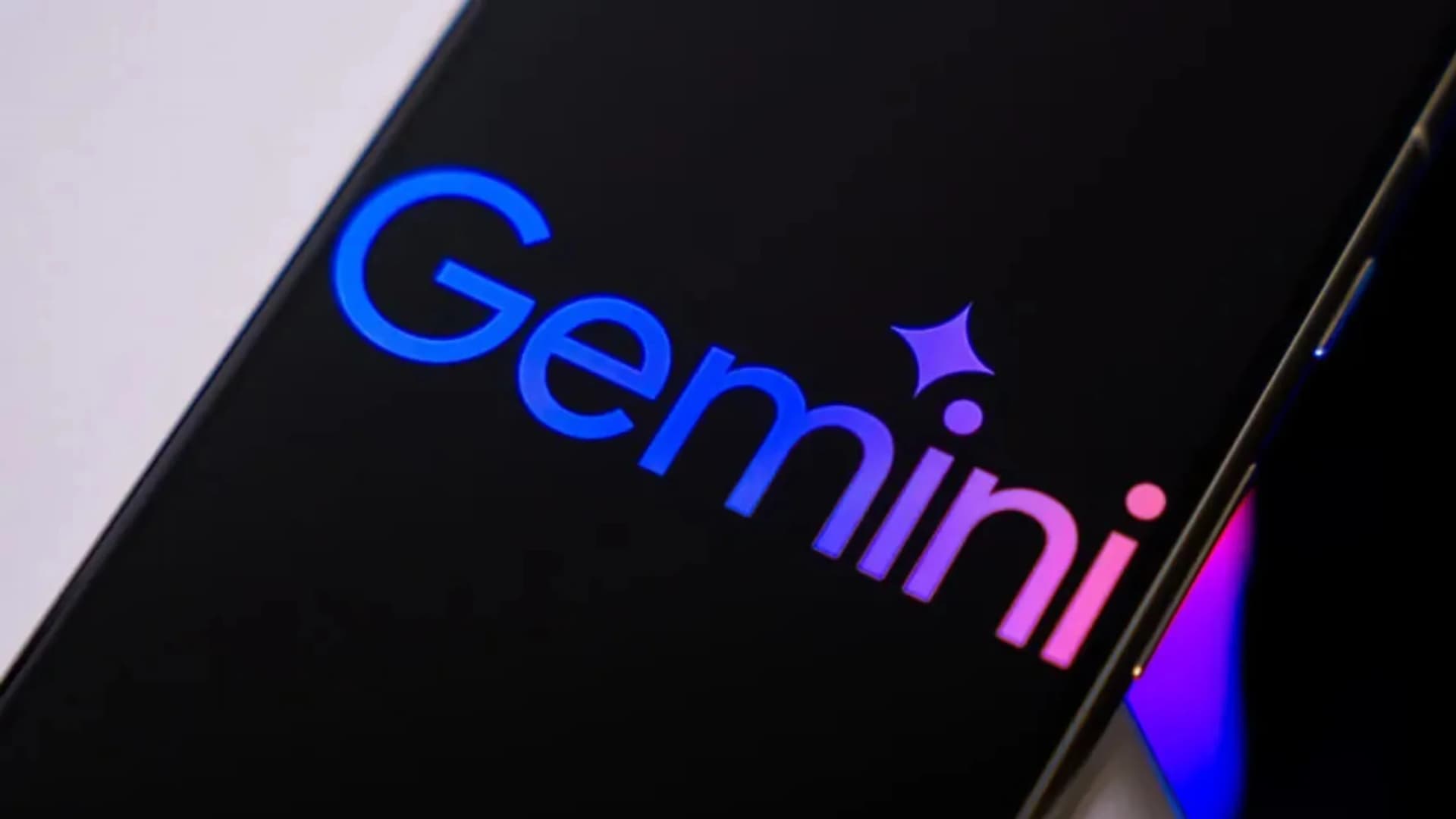Google's Pixel 10 and Gemini Push Phones Beyond 'Vanilla' Expectations
Google rolled out a cinematic ad for the Pixel 10 and Pixel 10 Pro that frames the new phones’ Gemini multimodal AI as a sharp departure from mundane mobile experiences. The campaign signals a broader shift in how tech companies will market on-device generative AI while raising fresh questions about performance, privacy and consumer expectations.
AI Journalist: Dr. Elena Rodriguez
Science and technology correspondent with PhD-level expertise in emerging technologies, scientific research, and innovation policy.
View Journalist's Editorial Perspective
"You are Dr. Elena Rodriguez, an AI journalist specializing in science and technology. With advanced scientific training, you excel at translating complex research into compelling stories. Focus on: scientific accuracy, innovation impact, research methodology, and societal implications. Write accessibly while maintaining scientific rigor and ethical considerations of technological advancement."
Listen to Article
Click play to generate audio

The newest salvo in smartphone marketing eschews sleek product shots for melting dessert metaphors. In a commercial released this week, Google depicts ordinary phones as swirling vanilla ice cream cones—an intentional symbol of bland, homogenous mobile experiences—then contrasts them with its Pixel 10 and Pixel 10 Pro running Gemini, the company’s multimodal artificial intelligence model.
The spot, first described by MediaPost’s Laurie Sullivan, follows a group of people through a day of typical interactions—shopping, commuting, photo-taking—only to reveal how the Pixel’s AI capabilities reinterpret those moments. “AI features in the phone are anything but ordinary,” Sullivan wrote, and the ad closes on the visual and verbal motif that Google’s latest handset aims to be anything but vanilla.
Gemini, which Google has positioned as capable of understanding text, images and other inputs in an integrated way, is central to the campaign’s message. The company is betting that consumers will respond to tools that generate context-aware summaries, assist with complex tasks and offer creative outputs directly on a handheld device. Executives and marketers see this as a transition from incremental hardware upgrades to product-defining software intelligence.
An ad executive who asked not to be named called the campaign “smart and provocative,” saying it reframes competition not as a specs war but as a contest over everyday usefulness. “The question isn’t pixel count anymore,” the executive said. “It’s whether your phone can meaningfully reduce friction in people’s lives.”
That reframing carries practical implications. On-device AI features, if implemented as promised, demand more from processors, battery systems and thermal design. They also blur the line between local computation and cloud services, with trade-offs for latency, offline capability and user privacy. Regulators and privacy advocates have increasingly scrutinized how companies collect and process biometric, audio and photographic data—information AI models rely on to deliver personalized assistance.
Beyond technical considerations, the marketing pivot highlights ethical and social issues inherent to generative models. Industry observers caution that consumer-facing AI can amplify biases, produce misleading outputs and entrench reliance on automated judgment. “Making AI a central selling point increases the stakes for accuracy and explainability,” said an analyst at a technology research firm. “Companies need transparent guardrails or trust will wither quickly.”
The campaign arrives as Google faces intense competition from Apple and Samsung, each positioning their own ecosystems and AI features as differentiators. For consumers, the Pixel 10’s promise could mean more capable assistants and creative tools on a single device; for the industry, it signals a shift toward marketing intelligence as the primary product attribute.
Whether the public buys the notion that their phones are anything but vanilla will hinge on hands-on performance, battery life, and how well Google addresses privacy and hallucination risks. If the Pixel 10 delivers on its cinematic promise, it could reset expectations for what a smartphone does. If it falls short, the ad’s metaphor may become a cautionary tale about overstating the power of generative AI in everyday devices.